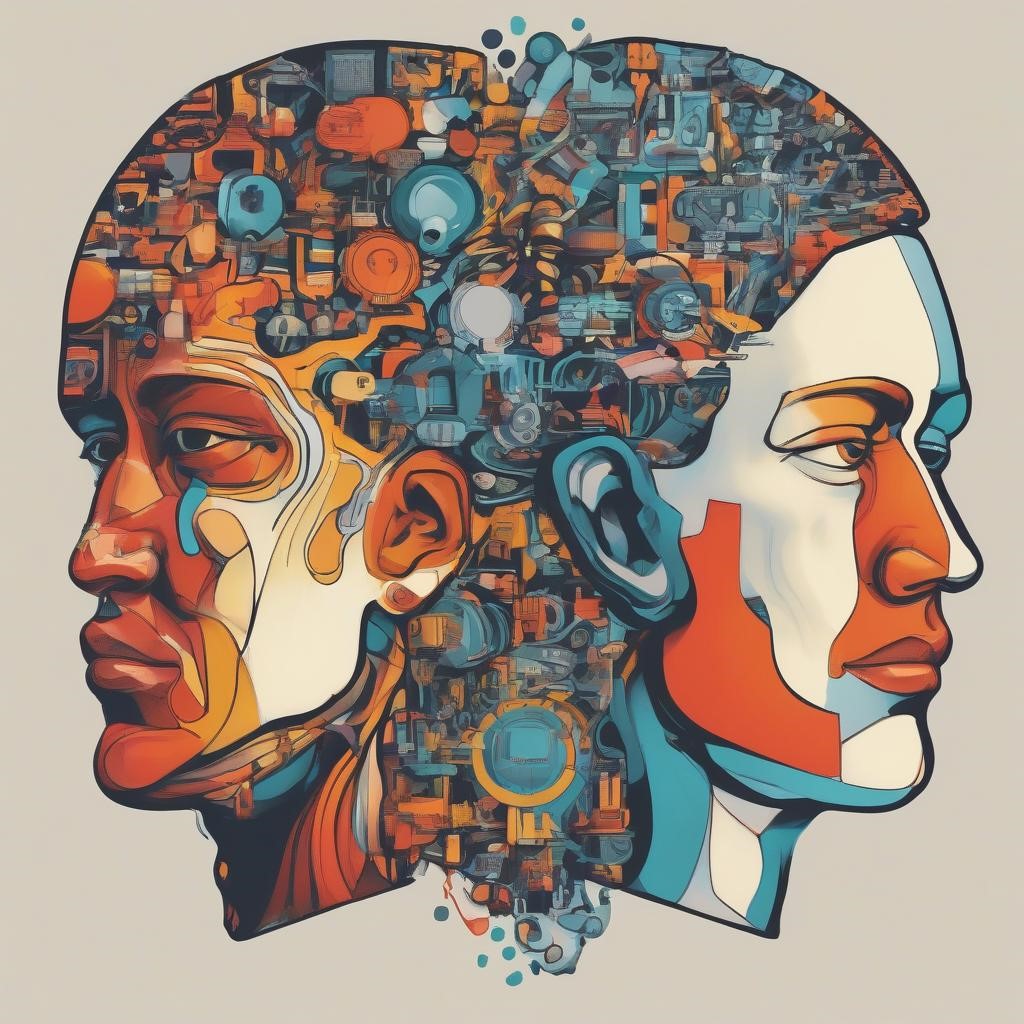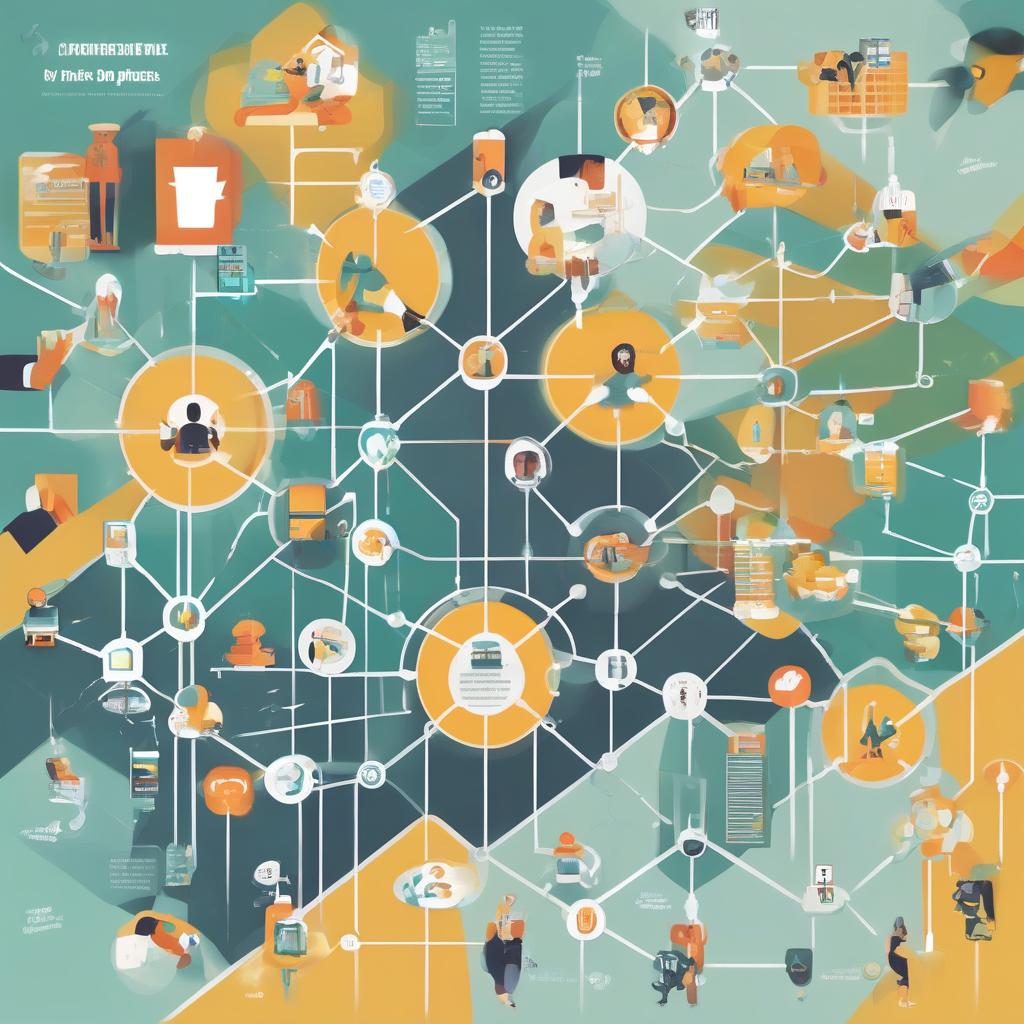I’m an empath, idealist, and an ENTJ. Pick your personality test; I naturally gravitate toward logic but am tuned into the impact of stimuli on those around me. I feel the emotions of others though I have learned to control the impact they have on me. Personality tests and other measures of emotional intelligence (EQ) are highly subjective. Responses to questions on an EQ test can vary based on the day. Intellectual capacity (IQ), on the other hand, is more easily measured. That’s not to say those types of tests are not riddled with flaws, but they are metrics our society uses to evaluate knowledge and intellect. We see this every day in schools, on college entrance exams, and on professional certification tests.
IQ and EQ both have a direct impact on the workplace. They can impact business decisions, relationship building, strategy design, and task completion. I firmly believe there is a place for everyone. Data analysis requires a different skill set than presenting a proposal because the creation of a fundraising proposal requires data to be interpreted through a human lens to deliver a more meaningful impact. I recently read an article in Fast Company that gave an example explaining how stickers on stop signs confused self-driving cars but would not cause the same impact on human drivers. Why? Humans interpret context clues and make decisions based on more than just facts.
Nonprofit organizations need both IQ and EQ to be successful. It is easy to get swept away by the mission when working in a nonprofit. The organization’s needs very often exceed the available resources. It would be wonderful to be able to provide every deserving student a scholarship but there are financial limitations on what is possible. At the same time there are also facility limitations on how many students a school can accommodate. The example is overly simplistic but draws a clear parallel between the applicability of IQ and EQ in the decision making process.
As a nonprofit leader, and an empath, I use my EQ daily in decision making. It’s a critical skill I keep sharp to ensure I am the type of leader I would want to work with. Data-driven decision making is important when setting goals, analyzing performance, and conducting comparative analysis but delivering the results of analytical tasks requires someone who is adept at navigating complex internal and external political environments. I like to think of EQ as an elastic. It can expand or contract situationally. When you exert effort, it expands. When you don’t use it, it shrinks.
Most disagreements I have encountered in the workplace can be solved with EQ. Rarely do people conflict over hard data points. When working with my own teams I have coached colleagues through plenty of complex circumstances. As soon as I have heard the team members perspective, the first thing I do is focus on the data points in the conflict. Those tend to be easy points of agreement. Then I encourage my colleagues to look at the situation from the stakeholder’s perspective. What does the person or group being impacted by the decision need? How will this impact them? Then I work backwards. Conflicts often arise because of both parties’ interest in impacting the stakeholder group. I always assume positive intent. The solution is very often not either or but an amalgamation of both. The decision requires intellect but it also requires empathy. Combining the two gives a more sophisticated understanding that builds confidence and trust.
Don’t get me wrong, data-driven decision making is critical. IQ and EQ are both tools we all possess to varying degrees in our personal toolkits. The degree to which we apply them informs our own unique gifts, collaboration, and leadership styles.

